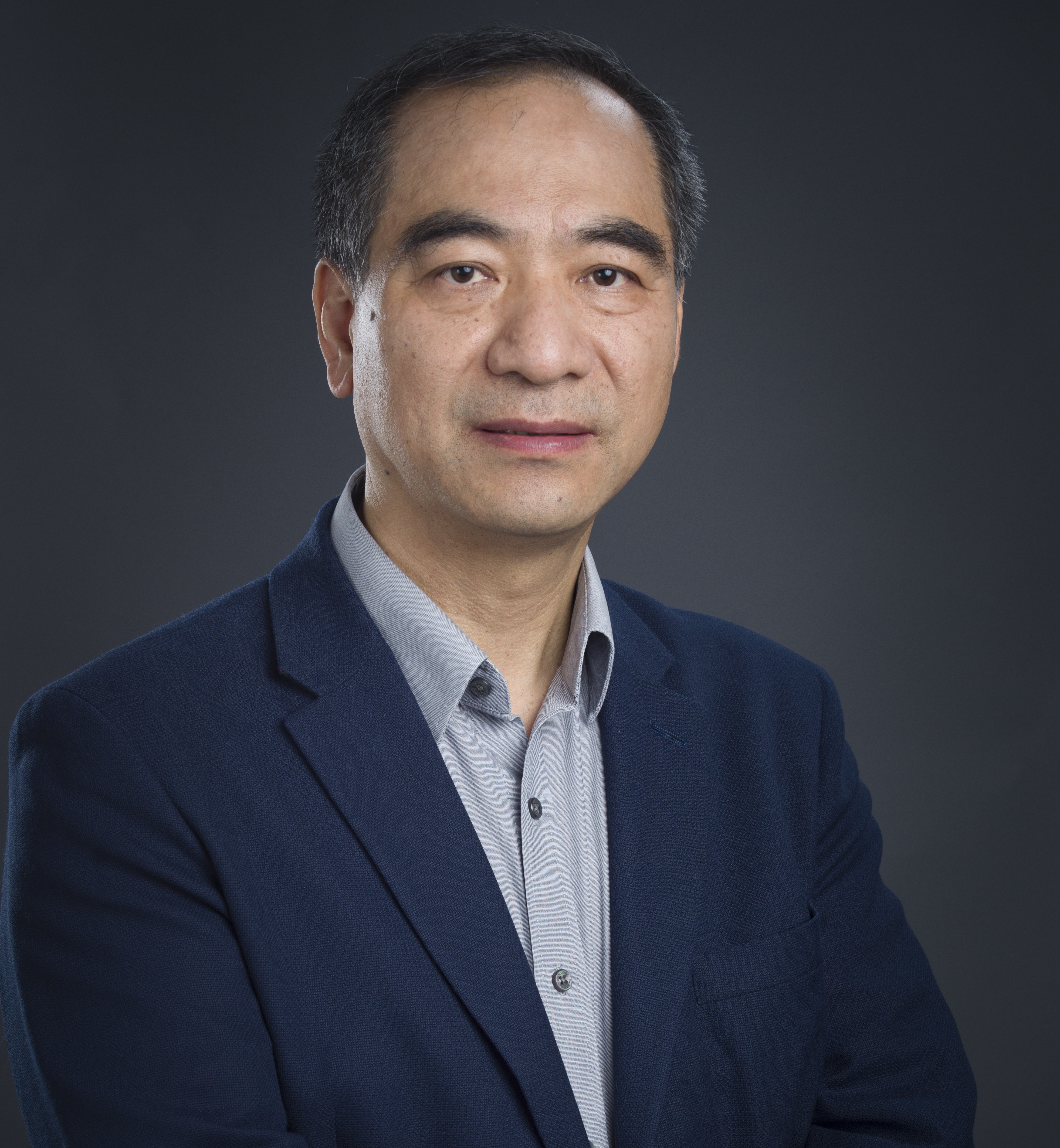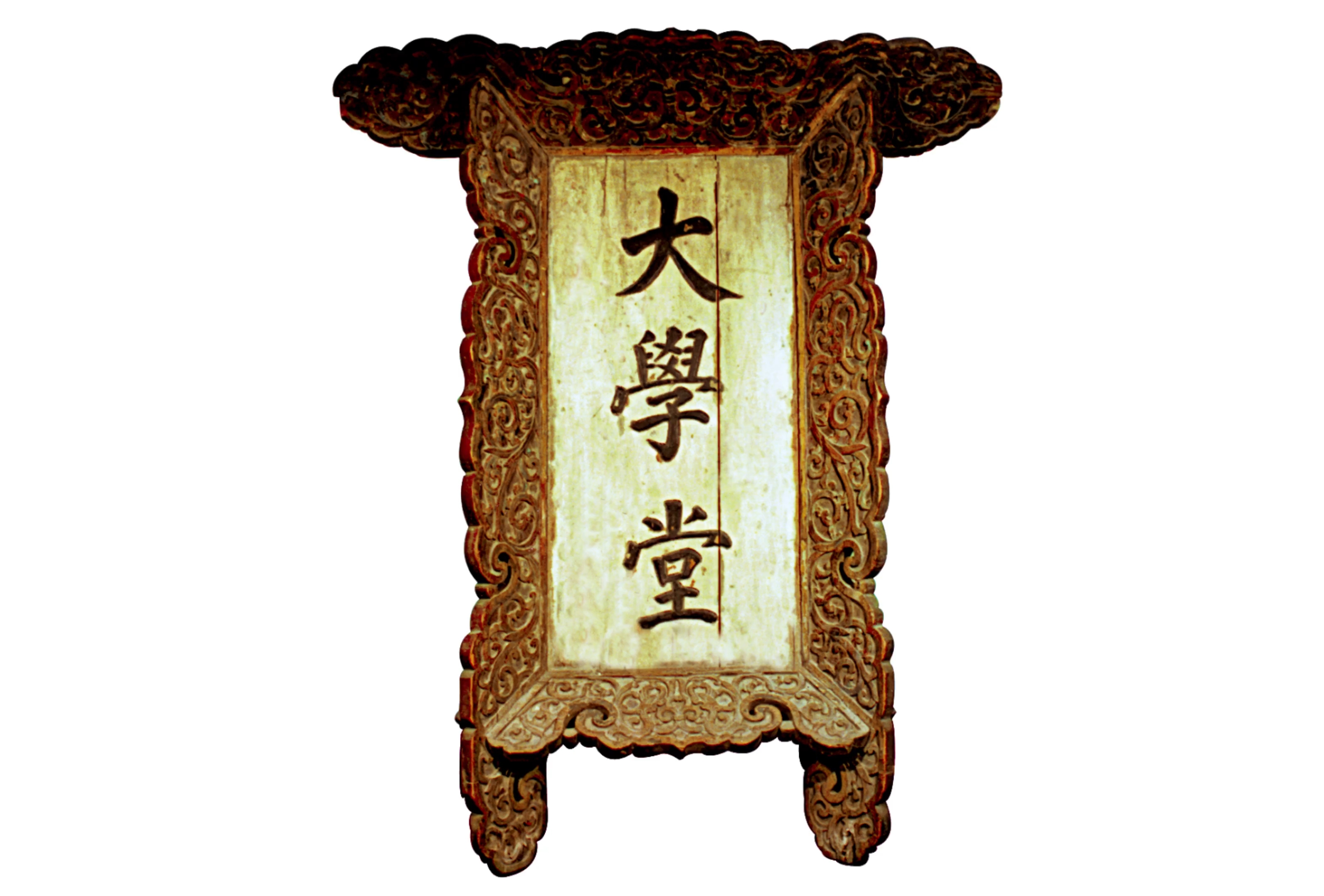
Peking University is a cradle of top-quality and creative students, a major source of cutting-edge science and knowledge innovation, and a key bridge for international exchange. It has six faculties, namely Humanities, Social Sciences, Economics and Management, Science, Information Technology and Engineering, as well as Health Science. It consists of 55 schools and departments, 60 research entities, and ten affiliated hospitals. There are more than 48,600 students (including nearly 2,500 international students) as well as over 12,600 faculty and staff members including over 123 academicians of the Chinese Academy of Sciences and the Chinese Academy of Engineering.
Peking University stands at the forefront of global academic research and fosters talents that lead the world to the future. By refining its system of international education, it nurtures talents for and around the world. With undergraduate education as its cornerstone, it integrates general and professional education, creates a general education system that covers the entire undergraduate education, cultivates top-notch students of basic disciplines, and promotes cross-disciplinary programs, all in an effort to invigorate quality and efficient undergraduate education. It explores different approaches for educating different postgraduate students, equips them with cross-disciplinary knowledge and capabilities, optimizes disciplines and specialties, and establishes a postgraduate education system for developing first-rate leaders.
While devoted to teaching and research as always, Peking University is committed to developing cross-disciplinary education and seeking new ways to refine the disciplines towards the greater goal of building a human community with a shared future and meeting national strategic needs. It advances regional and country-specific studies to serve the Belt and Road Initiative and explores new academic research modes that offer China’s insight into the world. It is furthering the project of Clinical Medicine + X, planning the research in core carbon-neutral science and technology, bolstering the project of Digital Intelligence+ to empower traditional disciplines with digital intelligence, and boosting research in such emerging fields as digital humanities.
Since 1998, Peking University has received more than 110 heads of state and government, and other political dignitaries as well as nearly 30 Nobel laureates, partnered with nearly 400 universities and research institutions in more than 60 countries and regions, and cooperated closely with many world-class research universities. In May 2019, it released a document entitled “International Development Strategy of Peking University: In Pursuit of Global Excellence”. With a vision of innovation, openness, distinction and diversity and emphasis on leading and shaping cooperation, the University has advanced collaborated scientific research globally, cultivated world-class talents, created a global academic community, established unique paradigms for international exchange, evolved into an international intellectual pinnacle, and upgraded the system for global collaboration.
We welcome students and teachers of different countries and cultures to “Yan Yuan” (the campus of Peking University). Let us work together for cultural exchange, social progress and a community with a shared future.






